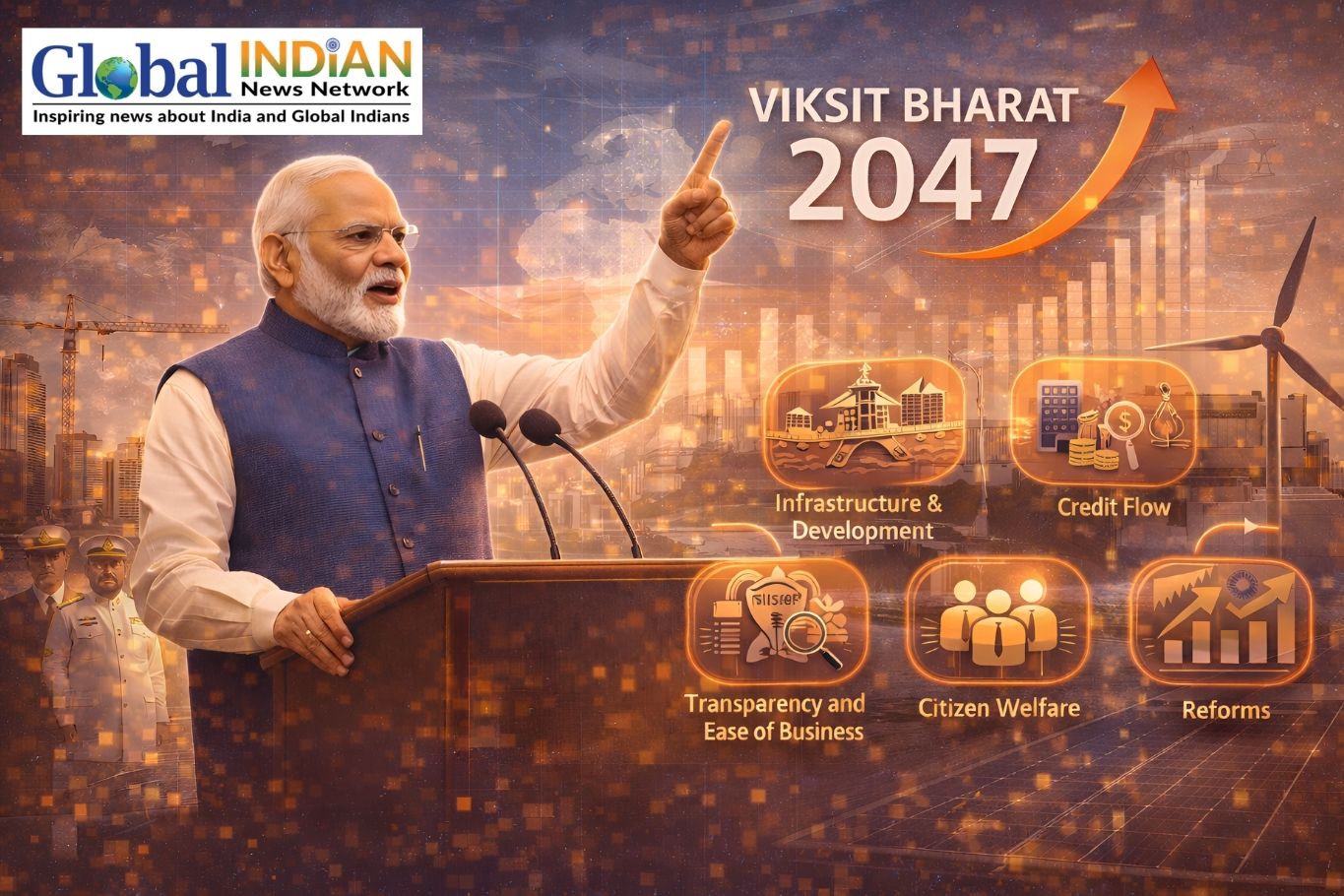 Report predicts India to have over 1,900 global capability centres (GCCs) by 2025, creating 2 million jobs and valued at $60 billion.
Report predicts India to have over 1,900 global capability centres (GCCs) by 2025, creating 2 million jobs and valued at $60 billion.
India is set to establish more than 1,900 global capability centres (GCCs) by 2025, employing approximately 2 million individuals and contributing an estimated value of $60 billion, according to a report titled “GCC 4.0 – India Redefining the Globalisation Blueprint.” The research was conducted by Nasscom in collaboration with consultancy firm Zinnov.
The report defines Indian GCCs as operational hubs that handle various functions of organizations, aiming to develop capabilities, foster global leadership, and generate revenue through services. Ms. Pari Natarajan, CEO of Zinnov, stated that India is at the forefront of the GCC 4.0 wave, with Indian GCCs and their leaders reshaping the globalization landscape by moving beyond a retrospective focus on cost and scale. They are actively assisting their headquarters in tackling new challenges related to business, technology, and human resources.
India’s appeal as a destination for GCCs lies in its highly skilled engineering and digital workforce, thriving startup ecosystem, and advanced peer network. In the fiscal year 2023, India hosted 1,580 GCCs, with major multinational corporations choosing the country as their first location for establishing such centres. These GCCs are driving engineering expansion and collaborating with their headquarters on transformation projects.
While Tier-I cities currently accommodate about 90% of GCC talent, Tier-II and Tier-III cities are catching up rapidly. These locations offer operational convenience, cost advantages, and access to a pool of technologically trained and affordable personnel, making them attractive options for expanding analytics and operations teams.
GCCs in India serve as vital technology hubs for their parent organizations, employing around 1.66 million talented professionals as of the fiscal year 2023. They specialize in areas such as cloud computing, artificial intelligence, machine learning, natural language processing, cybersecurity, advanced analytics, cryptocurrency, and the Internet of Things.
Additionally, India’s GCCs play a crucial role in exploring emerging technologies like Web 3.0, Digital Twins, and Metaverse for their parent organizations. The abundance of artificial intelligence (AI) and machine learning (ML) talent in India presents an intriguing opportunity for GCCs to establish dynamic Centers of Excellence (COEs). Currently, there are more than 210 GCCs and 315 centres with AI and ML capabilities, with the software, internet, and BFSI industries leading the way in these tech-focused COE initiatives.
Over the past two years, the Engineering Research and Development (ER&D) sector has experienced significant growth, accounting for over 42% of the total talent expansion. The IT and BPM industries have also witnessed substantial talent growth, with IT talent expanding at a compound annual growth rate (CAGR) of 9.8% and BPM talent growing at a CAGR of 10.8%. Notably, BPM contributes to over one-third of the overall talent added in the last two years.
The research predicts that Indian leaders will hold global portfolios in both business and technical roles. Global roles from India are expected to grow at a CAGR of 19%, creating around 20,000 jobs by 2030. In 2022, there will be over 5,000 global roles in India, with women leaders accounting for 18% of the total. The report also anticipates a rise in this ratio, with women leaders projected to hold approximately 30% of worldwide responsibilities by 2030.










